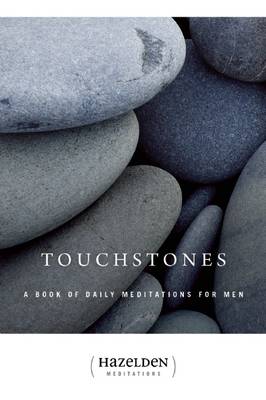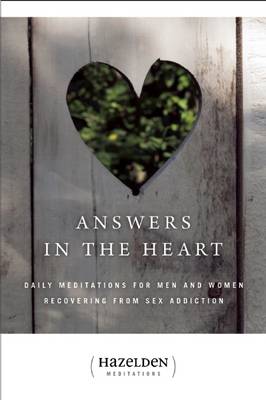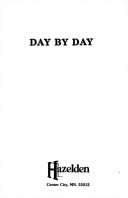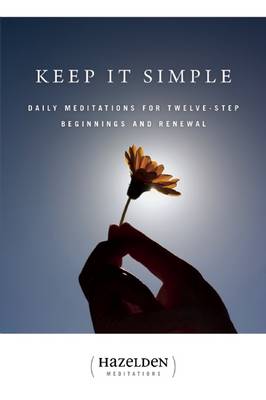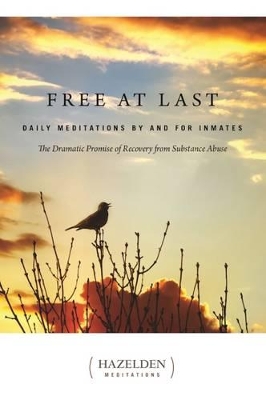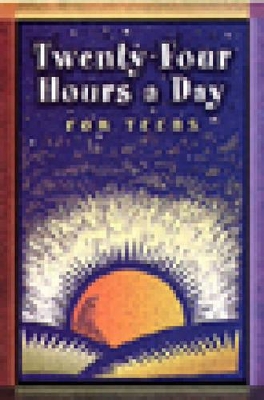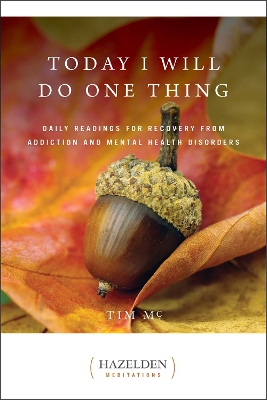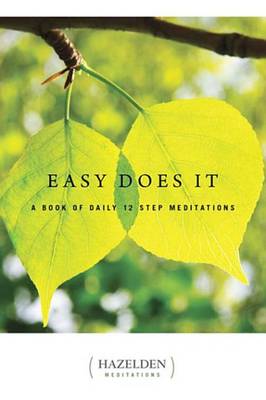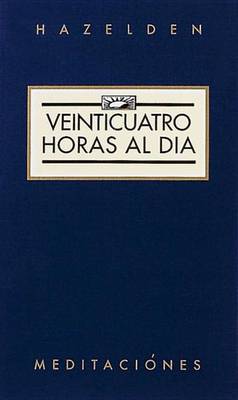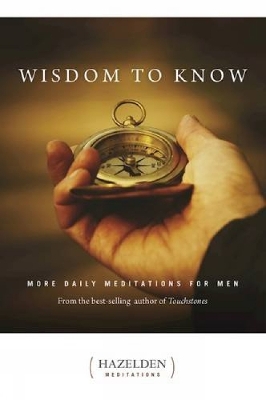Hazelden Meditations
17 total works
Since 1954, Twenty-Four Hours a Day has become a stable force in the recovery of many alcoholics throughout the world. With over six and a half million copies in print (the original text has been revised), this ""little black book"" offers daily thoughts, meditations, and prayers for living a clean and sober life. A spiritual resource with practical applications to fit our daily lives.
""For yesterday is but a dream, and tomorrow is only a vision"" is part of the Sanskrit proverb quoted at the beginning of the book which has become one of the basic building blocks for a life of sobriety. In addition to a thought, meditation and prayer for each day of the year, this handy, pocket-sized volume also contains the Serenity Prayer and the 12 Steps and 12 Traditions of Alcoholics Anonymous. It is a simple, yet effective way to help us relate the Twelve Steps to everyday life and helps us find the power not to take that first drink each day.
Millions of people have been victims of sexual trauma. And millions of those people turn to drugs and alcohol to numb their pain. We all can be survivors. But how can we not only survive, but thrive? Through post-traumatic growth.
In How We Heal, we can see how post-traumatic growth comes from learning how our trauma affects us every day, particularly if we have a substance use disorder, and that we can heal the trauma to grow past the addiction. We can reach out for help. We can find treatment programs. We can seek help as survivors. And we survivors can find each other and help each other. Through How We Heal, we can come to realize we are not alone.
Through the multitude of these voices, we can understand better how trauma affects addiction and how addiction affects trauma. These meditations offer little glimpses into the world of survivors and, whether in this survivor and recovery community or near it, as a friend or loved one, we learn that greater empathy for each other is paramount.
Hazelden Publishing's Meditation Series is a long-standing source for people to find healing and hope. Each meditation shares a way to see things from the perspective of someone who's been there, whether a challenge, a victory...or somewhere in between. Because someone has been there before, we see that what is being asked in recovery is possible. It's comforting. It's empowering. It's recovery.
For many of us, sobriety began uncomfortably. Treatment and counseling unearthed addiction's thumbprint-substance use, anger, resentments, and behavioral patterns around sex and intimacy-as well as challenged perspectives about religion and spirituality. As addictive behaviors and mind-sets gave way to both mental health and physical wellness, our new sense of self emerged, and our family and friends supported our continuing transformation. This self-help meditation book is designed for men to keep moving forward in recovery.
Recovery is well-earned, but life never slows-nor should it. Stepping Stones advances a person's recovery so that it emerges as a comfortable journey that stays in stride with a person's overall life and experiences. It offers insight into the many masculine roles men undertake-father and son, friend and lover-and provides actionable meditations for leading a full life. Life isn't about recovery; recovery is about life.
We show them there are service members who have been through similar circumstances, who can help them, and who might also need help. This book does just that.
In this new meditation book, service members who are in recovery share their words of healing and hope in daily meditations. These people are in a class of their own—they know what they experienced, they know how their recovery has been affected by their service, they know how to help themselves . . . and they know how to help each other.
The voices in this book are unique and will resonate with readers, providing insights, thoughts, and feelings only others who have served can understand and relate to. The same can be said of recovery: we look to the person on our left and the person on our right—and we leave no one behind.


